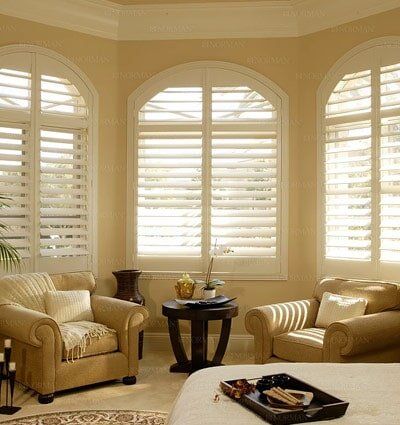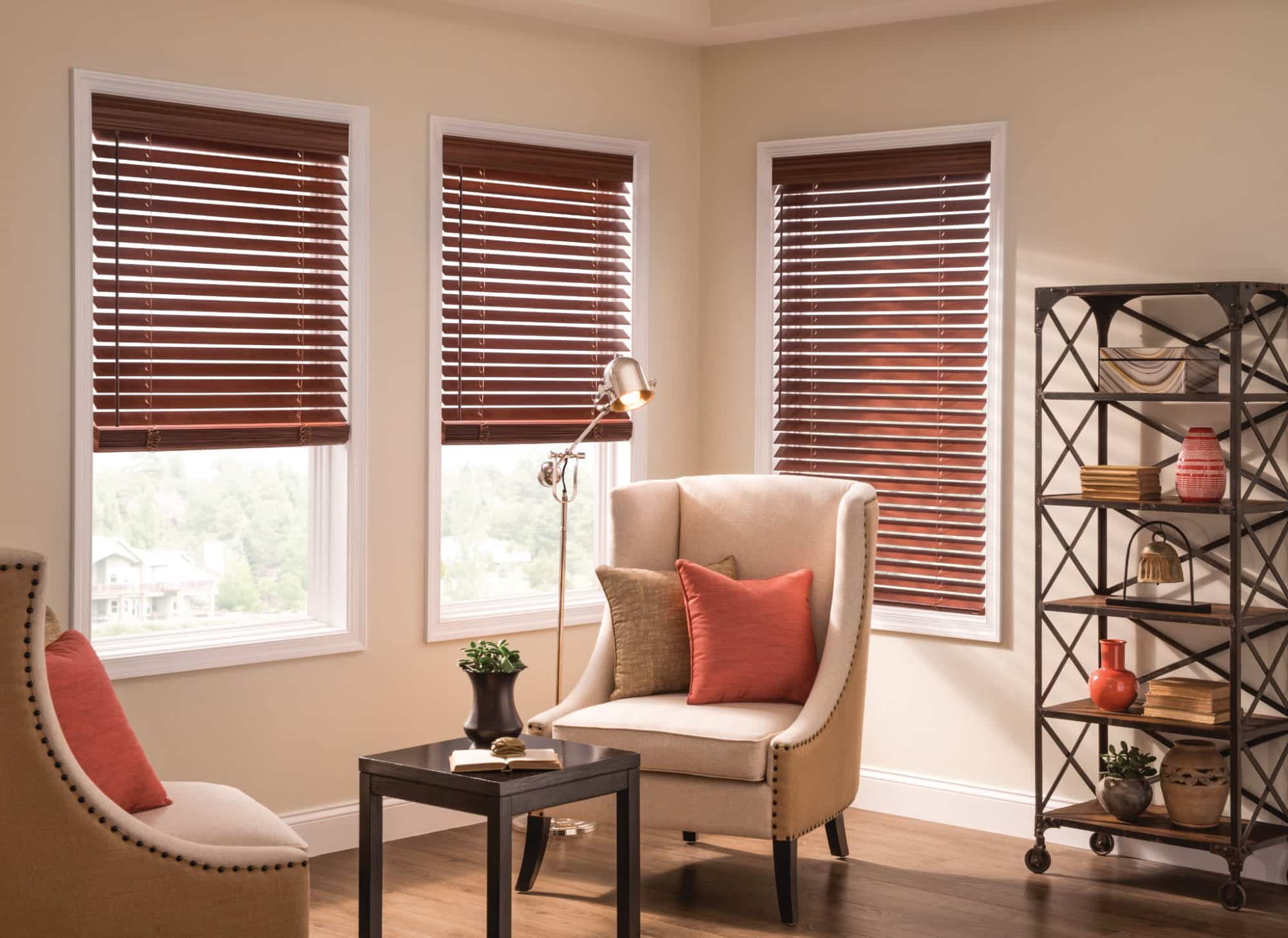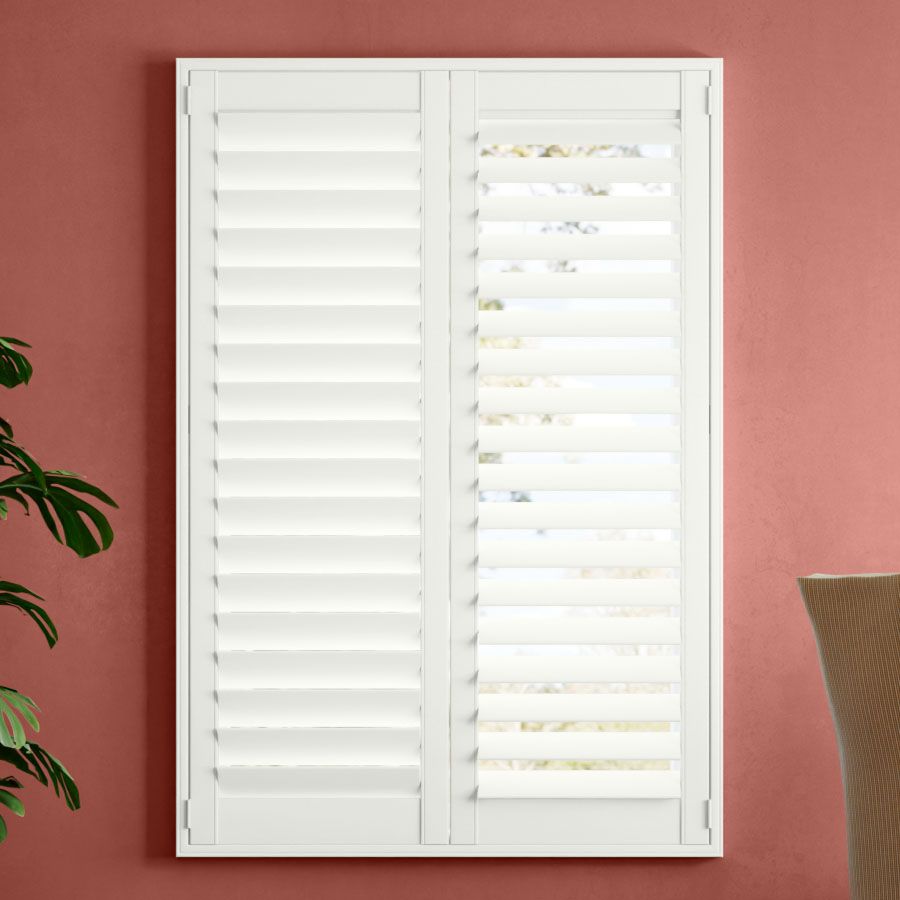Update with Shutters Phoenix: Long Lasting and Elegant Layouts
Update with Shutters Phoenix: Long Lasting and Elegant Layouts
Blog Article
What to Think about When Choosing In Between Blinds and Shutters for Your Windows: A Thorough Evaluation of Each Option's Benefits
Choosing the right home window treatment is a decision that transcends plain aesthetic appeals; it includes functionality, maintenance, and long-lasting financial investment. Blinds present a affordable and versatile service, while shutters use unrivaled durability and design.
Trick Distinctions Between Shutters and blinds
Regularly, house owners find themselves pondering in between shutters and blinds when choosing window therapies. Comprehending the essential distinctions between these 2 choices can substantially influence their decision-making procedure.
Blinds are normally made from products such as wood, fake wood, light weight aluminum, or vinyl. They include upright or horizontal slats that can be adapted to regulate light and privacy. The flexibility of blinds enables a variety of designs, dimensions, and shades, making them appropriate for various room looks. Blinds are often much more cost-efficient, appealing to budget-conscious homeowners.
On the other hand, shutters are solid home window treatments that can be custom-fitted to the window structure. They are typically built from resilient materials like wood or composite, offering an extra durable and permanent option. Shutters provide better insulation and can enhance the overall energy effectiveness of a home. Additionally, they commonly need more upkeep and financial investment compared to blinds because of their building and installment complexity.

Advantages of Blinds
Blinds use a sensible and versatile service for home owners seeking effective home window treatments. One of the primary advantages of blinds is their adaptability to different designs and preferences.
An additional significant advantage of blinds is their ease of procedure. Lots of contemporary blinds featured user-friendly mechanisms, consisting of mechanized systems and cordless alternatives, making them available for any ages. This comfort is improved by their capacity to provide specific light control, permitting house owners to conveniently change the level of sunlight getting in a room.
Blinds also offer superb personal privacy choices, as they can be totally opened up, partially tilted, or completely shut, depending upon the preferred level of privacy. They are usually much more affordable than shutters, offering an affordable remedy without compromising design or functionality. Lastly, upkeep is straightforward, as most blinds can be cleaned up with a straightforward wipe-down, making sure that they stay an eye-catching function in any kind of home for several years to come.
Benefits of Shutters
Shutters present a distinct set of benefits that make them an appealing selection for home owners looking for sturdy and stylish window treatments. Among the key benefits of shutters is their phenomenal longevity - shutters phoenix. Created from robust products such as timber, vinyl, or composite, they are developed to withstand the examination of time and stand up to damage from UV rays, dampness, and temperature level fluctuations

Shutters also provide boosted personal privacy and light control. House owners can conveniently adjust the slats to achieve the desired degree of illumination while preserving privacy from the outside. Unlike blinds, which might bend or droop gradually, shutters retain their form and performance.
Furthermore, shutters can enhance the worth of a residential property (blinds phoenix). Their timeless visual and longevity interest possible buyers, making them a beneficial investment. In recap, the durability, power performance, personal privacy control, and potential for raised residential property worth make shutters a compelling choice for home window treatments
Visual Considerations
When selecting window therapies, visual factors to consider published here play a vital duty in improving the general style and atmosphere of a space. Both blinds and shutters offer distinctive visual features that can enhance different interior designs, from modern to traditional.
Blinds commonly offer a streamlined, minimalist appearance, easily readily available in a series of colors and products. This convenience enables property owners to collaborate blinds with existing design, producing a unified look. Their vertical or horizontal slats can add a contemporary side, making them suitable for metropolitan settings.
On the other hand, shutters exude a timeless style that enhances traditional and rustic interiors. Their solid framework and adjustable finishes, such as timber stains or repainted options, stimulate a sense of eternity. Shutters can function as a statement item, attracting attention to the window while providing a high end visual.
Eventually, the selection in between blinds and shutters ought to reflect not only personal design however also the desired atmosphere of the area. By meticulously considering just how each option aligns with the general design vision, property owners can successfully improve their room's aesthetic charm, ensuring a harmonious and welcoming atmosphere.
Price and Upkeep Variables
Expense and upkeep are crucial aspects to consider when picking in between blinds and shutters for home window treatments. Blinds are discover this info here typically extra budget-friendly, with a large range of alternatives readily available at numerous rate factors.
On the other hand, shutters tend to lug a greater first expense because of their custom manufacturing and robust building and construction. This investment might yield lasting financial savings, as shutters are commonly much more sturdy and require less frequent substitute. They additionally supply remarkable insulation, possibly decreasing energy costs in time.
Blinds generally call for regular cleaning and occasional cleaning, while shutters can be wiped down with a moist fabric for cleaning, making them simpler to preserve. Inevitably, the option in between blinds and shutters need to stabilize both preliminary investment and continuous upkeep requires to guarantee a sufficient return on financial investment.
Verdict

Blinds present a adaptable and economical option, while shutters use exceptional More Help longevity and design.Price and maintenance are critical elements to take into consideration when choosing between blinds and shutters for home window therapies. Blinds normally call for regular cleaning and periodic cleaning, while shutters can be cleaned down with a moist fabric for cleaning, making them simpler to keep. Inevitably, the option between shutters and blinds ought to balance both preliminary financial investment and recurring upkeep requires to guarantee an adequate return on financial investment.
In recap, the decision in between blinds and shutters hinges on different aspects, including material composition, style adaptability, and expense.
Report this page